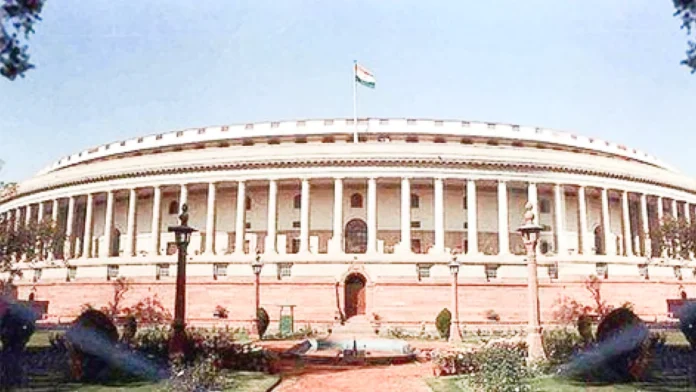February 27, 2024 : As the Rajya Sabha elections in Uttar Pradesh unfold, allegations of cross-voting have emerged, stirring political tensions in the state. The Samajwadi Party (SP), led by Akhilesh Yadav, finds itself embroiled in controversy as several of its legislators allegedly voted in favor of Bharatiya Janata Party (BJP) candidates.
Akhilesh Yadav Reacts
Akhilesh Yadav, the chief of the Samajwadi Party, voiced his disapproval of the alleged cross-voting, emphasizing the challenges of standing against the government’s pressure. He vowed to take action against party members involved in such activities, highlighting the importance of party integrity.
BJP’s Confirmation
The BJP has confirmed the occurrence of cross-voting, with its leaders asserting support from certain SP legislators. The BJP’s confidence in securing victories in the elections reflects the complexities of political alliances and maneuvers.
Political Dynamics
The alleged cross-voting could significantly impact the outcome of the Rajya Sabha elections in Uttar Pradesh, influencing the balance of power in the state. With both the BJP and SP contesting for seats, the electoral landscape remains dynamic and unpredictable.
Samajwadi Party’s Setback
The SP’s setback, marked by resignations and allegations of internal discord, underscores the challenges faced by the party in maintaining unity and coherence. The repercussions of these developments extend beyond the Rajya Sabha polls, affecting the party’s prospects in future elections.
Implications for General Elections
The cross-voting controversy foreshadows potential ramifications for the upcoming general elections, shaping political strategies and alliances in the state. As parties navigate through these challenges, the electoral landscape continues to evolve, reflecting the complexities of Indian politics.
As allegations of cross-voting surface in the Rajya Sabha elections in Uttar Pradesh, the political arena witnesses heightened tensions and strategic maneuvers. The outcome of these elections carries significant implications for the state’s political landscape, setting the stage for future contests and alliances.
